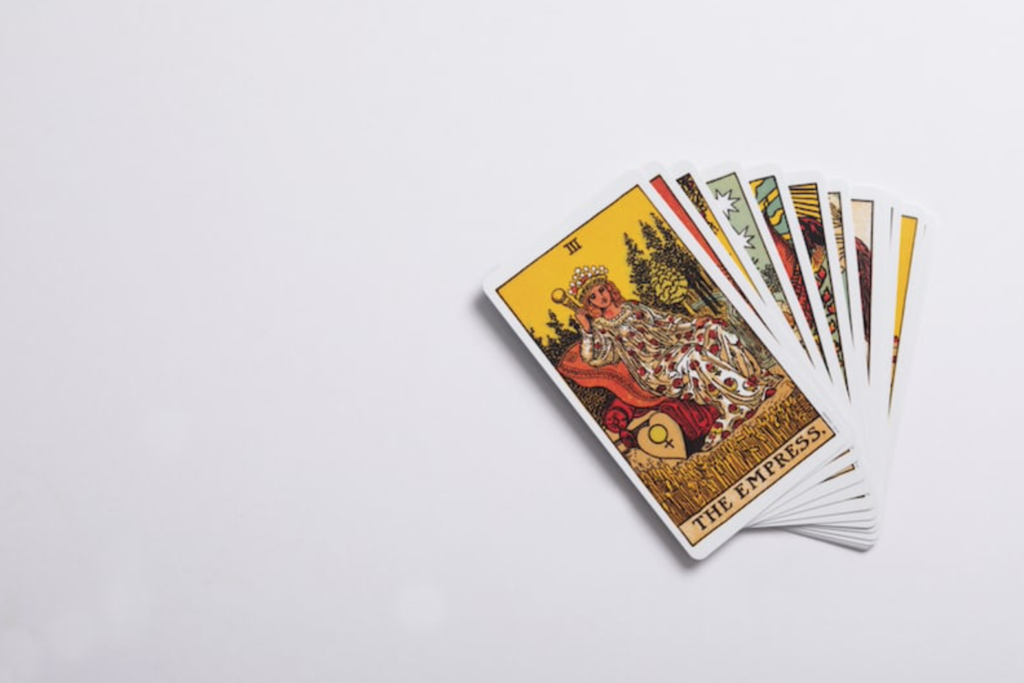Card games have long been a staple in the cultural fabric of societies worldwide. Each game, steeped in tradition and laced with historic significance, offers a unique blend of skill and chance that varies from region to region, much like the distinct flavours of a locale’s cuisine or the rhythms of its native music. In this article, we’ll embark on a global journey, taking in the vibrant tapestry of cities famed for their card games, from the intricate tarot decks of Europe to the colourful Ganjifa cards of India.
Tracing the Tarot in Italy

Our journey begins in Italy, the birthplace of Tarot. Despite its now widespread use for divination, Tarot was originally a card game known as Tarocchi, which emerged in the 15th century. Each card’s intricate designs are packed with symbolism and reflect the cultural and philosophical thinking of the time. To this day, the game still enjoys popularity in regions of Italy.
Bridge: From the Ottoman Empire to Modern England
Next, we cross over to England, a nation known for its avid Bridge players. Originating from a game called “biritch” in the Ottoman Empire, Bridge found its way into English parlours in the late 19th century. This game of skill, strategy, and cooperation has since evolved into an international pastime, with England hosting some of the world’s most prestigious Bridge tournaments.
Traversing the Silk Road with Ganjifa
Onward to the vibrant subcontinent of India, we find the centuries-old game of Ganjifa. With references dating back to the 16th century during the reign of the Mughals, Ganjifa cards are unique in their circular shape and hand-painted designs. Once the preserve of royalty, this complex game involving up to 120 cards is enjoying a revival, with efforts underway to preserve this rich aspect of Indian cultural heritage.
Immersing in Hanafuda’s Seasonal Beauty in Japan
As we journey East, we arrive in Japan, where the card game Hanafuda links the beauty of nature with gaming culture. Hanafuda, or ‘flower cards’, depict the shifting seasons with lush illustrations. Originating in the 19th century, they skirted the country’s laws of the time by removing numerical values from the cards. Today, these delightful decks are used for a variety of games, from the strategic ‘Koi-Koi’ to the more straightforward ‘Hachi-Hachi’.
Globally Recognised Games

From small-town saloons in the Wild West to glitzy casinos in Las Vegas, Poker has made its mark. But the game’s reach is indeed global, transcending beyond these iconic locations to worldwide acceptance.
Like many card games, it serves as a common language and enables players from all walks of life to sit at a table and engage in this test of skill and strategy. Understanding the basic rules of Poker, such as the various hand rankings—from a High Card, which is the lowest ranking hand, to a Royal Flush, which is the highest—can equip you to participate in this global phenomenon. The rules can vary slightly depending on the style of Poker, such as Texas Hold’em or Omaha, but the objective remains the same: to have the best hand or to convince your opponents that you do.
Rummy, another universally appreciated card game, holds a special place in the hearts of many. Originating from Mexico, the game has multiple variations and is played in virtually every corner of the globe. Based on matching-card principles, it requires players to form sets or runs of cards to score points. Its seamless blend of skill, strategy, and a sprinkle of luck make Rummy a favourite pastime at many social gatherings.
A World of Games Awaits
Card games serve as an intricate web of cultural immersion and exchange, a testament to our shared human history and love for social interaction. They offer a snapshot of the worlds they were born into, echoing the social structures, artistic trends, and historic events of their time. Whether you’re admiring the detailed artwork of a Tarot card in Italy or contemplating strategic moves in a game of Bridge in England, these games and the cities they hail from offer a rich tapestry of experiences waiting to be explored. The next time you find yourself in one of these cities, why not immerse yourself in the local gaming culture? You’ll be connecting with history, tradition, and people in a truly unique way.







